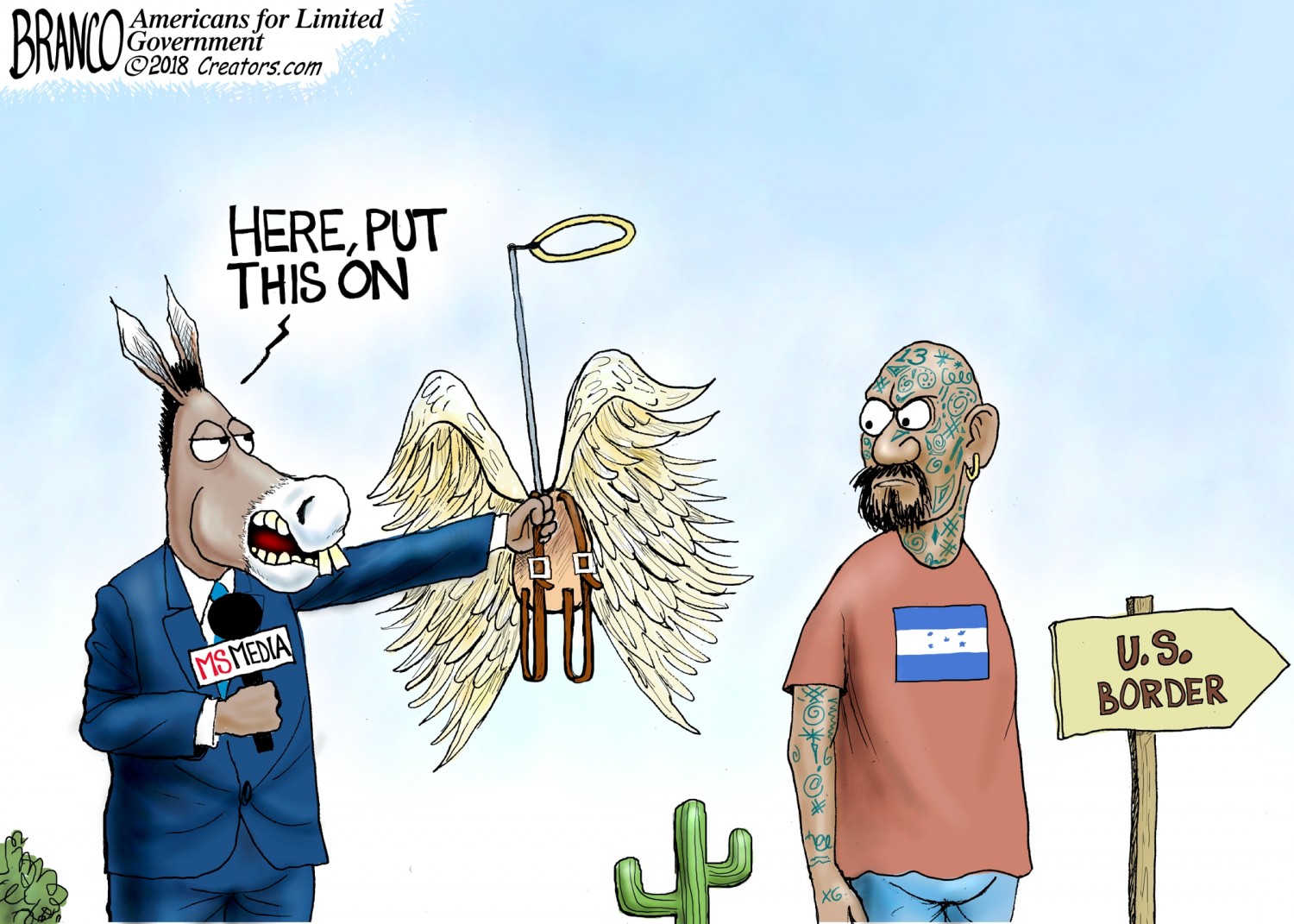Cheap Seats 2018
The Root of the Problem - 11/7

By Rich Trzupek
Now that we are through another horrible election, dominated by horrible PR professionals creating horrible ads in order to convince the public that their candidate is less horrible than their opponent, I thought it would be the right time to go back in time and consider how it all began and the Father of American Attack Politics: President Andrew Jackson.
While Jackson’s role in Native American resettlement has been overstated, it is impossible to overstate how he changed the way Americans approach national politics.
George Washington disliked the idea that Americans seeking public office would divide themselves into factions. He was certain that political parties would be bad for the nation. After his death, America’s initial flirtation with a two-party system gradually faded away. The Federalists became less and less of a factor in national politics, disappearing altogether by the Monroe administration. The Presidential election of 1824 was unique in American history, featuring four candidates, all of them Democrats.
Jackson won the most electoral votes and most popular votes in 1824, but he did not win a majority of either. So, for the second time in the brief history of the Republic, the House of Representatives made the final decision, choosing the even-keeled John Quincy Adams rather than the stormy Jackson.
Jackson was infuriated by what he saw as both an insult and injustice, and Jackson was never a man to tolerate either. Jackson and his supporters believed a back room deal that they dubbed The Corrupt Bargain had cheated Jackson out of his rightful electoral reward. The Corrupt Bargain wasn’t the first political conspiracy theory used as a weapon in American politics, but it was the first to arouse the kind of bitter factionalism that had so worried Washington. Further, The Corrupt Bargain provided the model for the effective use of dark conspiracy theories as weapons in political contests, a feature of those contests so common today that most Americans don’t give the tactic a second thought.
The premise of The Corrupt Bargain may very well have been true. In brief, Jackson believed that Adams had made a deal with Henry Clay, the powerful speaker of the house, to use Clay’s considerable influence to secure an Adams victory in exchange for Clay’s appointment as Secretary of State in the Adams administration. Some contemporary accounts record that Adams and Clay did indeed have a private discussion before the House vote, since Clay became Adams’ Secretary of State. Both believed that Jackson was unqualified to be president. So if we interpreted all of those facts in the worst possible light, does that equate to a corrupt bargain? Or is it rather representative of the kind of healthy political give and take that the founders envisioned when they designed the American system of government?
Corrupt or not, the House voted Adams in and thereafter America’s brief flirtation with a one-party system disappeared forever. The expectation that presidential candidates should conduct dignified, or at least civil, campaigns vanished as well. In the election of 1828 Jackson and his associates dragged presidential politics into the gutter where it has remained, to a greater or lesser extent, ever since.
Jackson’s election in 1828 represented a clean break from the past. The six presidents preceding Jackson were well-educated, dignified men. They were viewed as leaders who rose above the ordinary, both by intellectual capacity and selfless willingness to serve the nation. Five of the six had participated in the Revolution and had helped construct the new nation’s system of government, while the sixth was the son of one of those most important architects.
Jackson shared none of these characteristics and made no pretense of doing so. Instead, whether by design or accident, he assumed another type of persona that tapped into essential parts of the American character: Love of the underdog, belief in homespun wisdom, thirst for justice and distrust of anything resembling an aristocracy.
The campaign of 1828 virtually began the moment after John Quincy Adams took the oath of office in 1825. The four-year presidential election cycle thus also became a continuous campaign cycle, something Americans often grumble about, but have grown used to. The party out of power is always thinking about how to become the party in power. What we call election season is actually a frenzied, intense phase of the continuous campaigning that started with Jackson.
Jackson disposed of the patrician presidency, a change that was inevitable, but still no mean feat in so young a nation. From his time forward, the ideal president would be a man of the people whose common sense and values reflects all the goodness and simple, practical wisdom of the electorate it is his privilege to represent. America still flirted with patrician presidents from time to time, Van Buren and Wilson offering the most striking examples, but since Jackson, the populist president has dominated our mindset and the attack politics that go along with that mindset had become business as usual.
rich@examinerpublications.com
.
.
.